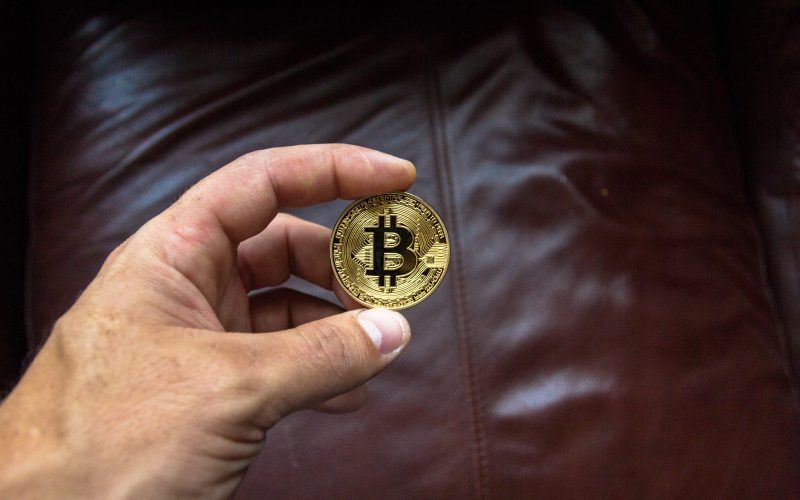In the realm of cutting-edge technologies, Bitcoin and the Internet of Things (IoT) have emerged as powerful forces reshaping our digital landscape. Bitcoin, the world’s leading cryptocurrency, has revolutionized the concept of decentralized digital currencies, while the IoT has transformed how we connect and interact with everyday objects. When these two phenomena converge, an intriguing question arises: Are Bitcoin and the Internet of Things a match made in heaven?
At first glance, it may seem that Bitcoin and the IoT are destined to complement each other seamlessly. Both innovations rely on decentralized networks, peer-to-peer communication, and cryptographic security measures. The IoT, a network of interconnected devices and sensors, enables real-time data collection and communication between physical objects. Meanwhile, Bitcoin offers a decentralized and secure method for transferring value across the internet.
One of the most compelling arguments for their synergy lies in the potential for microtransactions. As the IoT continues to expand, countless interconnected devices will require the ability to exchange value autonomously. Bitcoin’s divisibility and low transaction fees make it an attractive solution for enabling micropayments within the IoT ecosystem. From smart appliances autonomously purchasing resources to connected vehicles paying for tolls and charging services, the integration of Bitcoin could facilitate seamless and secure transactions in the IoT realm.
Moreover, Bitcoin’s underlying technology, the blockchain, holds great promise for enhancing the security and trustworthiness of IoT networks. By leveraging the blockchain’s immutable and transparent nature, the IoT can benefit from a distributed ledger that records and verifies every interaction between devices. This capability could enhance data integrity, protect against tampering, and establish trust in the vast network of interconnected devices.
However, despite the potential benefits, there are significant challenges that must be overcome to realize this envisioned partnership. Scalability is a major concern for Bitcoin, as the network’s current limitations in transaction processing speed and capacity could hinder its ability to handle the immense volume of microtransactions expected in an IoT-driven world. The development of efficient and scalable solutions, such as layer-two protocols and off-chain transactions, is essential to ensure Bitcoin’s compatibility with the IoT.
Additionally, the integration of Bitcoin into the IoT raises concerns regarding privacy and data security. As IoT devices collect and transmit sensitive information, it becomes crucial to establish robust privacy measures and safeguards to protect users’ personal data. Furthermore, addressing the potential vulnerabilities that arise from the intersection of IoT and cryptocurrency, such as the risk of unauthorized access to connected devices, will be vital to ensure the safety and integrity of the system.
As with any emerging technology, a careful evaluation of the ethical implications is necessary. Bitcoin’s energy consumption has long been a subject of debate, and the integration of Bitcoin into the energy-intensive IoT landscape could exacerbate these concerns. Balancing the potential benefits with the environmental impact is crucial to ensuring a sustainable and ethical approach.
In conclusion, while Bitcoin and the Internet of Things possess significant potential for synergy, their harmonious integration requires addressing technical, security, and ethical challenges. Overcoming scalability issues, bolstering privacy measures, and reconciling energy consumption concerns are key steps towards realizing the full potential of this partnership. With the right frameworks and solutions, Bitcoin and the IoT could indeed prove to be a match made in heaven, revolutionizing the way we interact with connected devices and paving the way for a more efficient and secure digital future.
Disclaimer: The views and opinions expressed in this article are those of the author and do not necessarily reflect the official policy or position of the publication.












